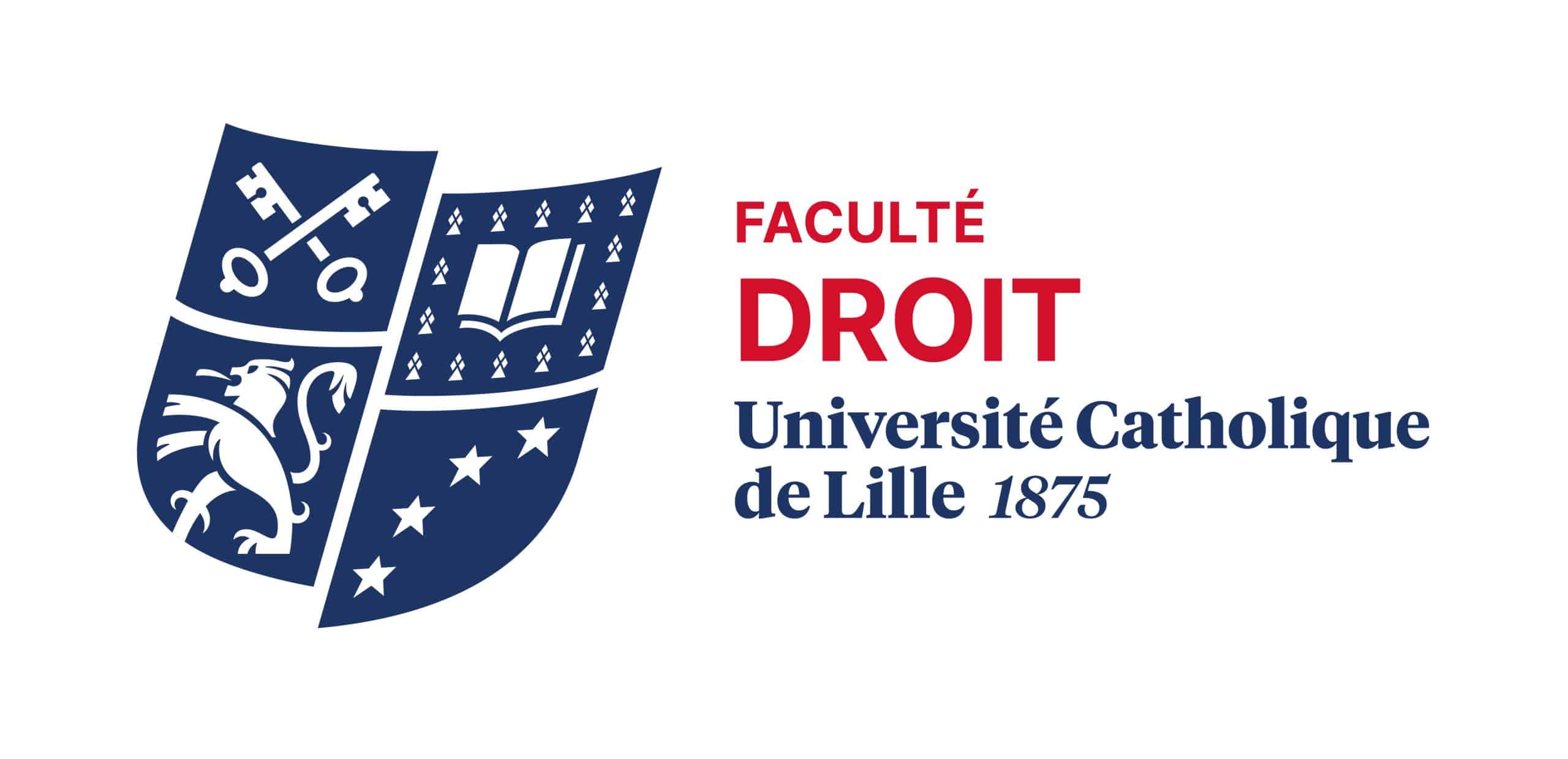
Responsabilité et produits de santé
Etablissement : Faculté de Droit – Lille et Issy-les-Moulineaux
Langue : Français
Formation(s) dans laquelle/lesquelles le cours apparait :
Période : S2
Avoir validé un master 1 en droit privé sciences criminelles. Tout autre parcours de master 1 en droit est recevable sous réserves.
Comprendre :
– Le rôle des acteurs sur le produit de santé.
– Le cadre juridique applicable au produit de santé de sa conception à sa mise sur le marché.
Connaitre les responsabilités engagées.
Présentation des notions de producteur et de distributeur, conditions d’engagement de la responsabilité du fait des produits de santé, causes d’exonération


